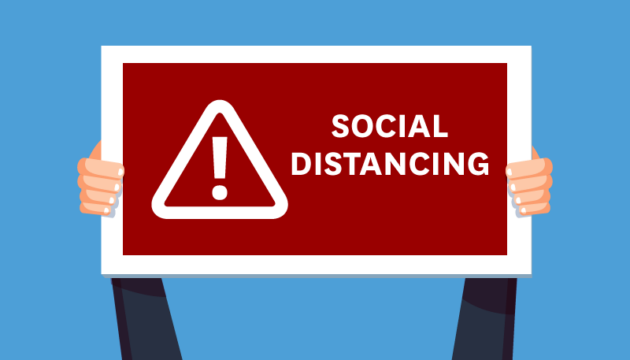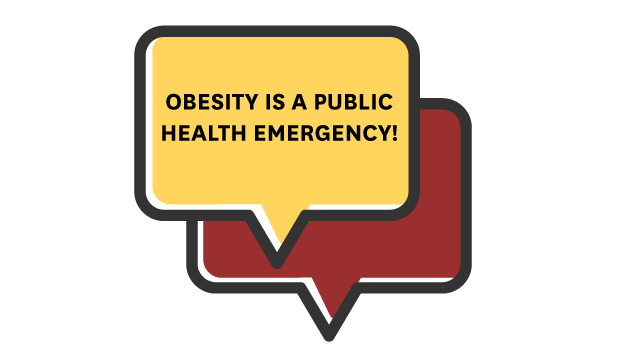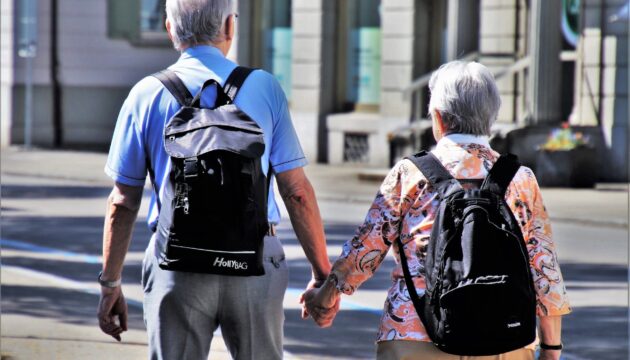Evidence Base
More from the Evidence Base Blog
-
Knowledge of COVID-19 Symptoms May Not Be Sufficient to Change Behavior
People with respiratory symptoms are well aware of key symptoms of the COVID-19, but might not apply the knowledge to their own symptoms and sufficiently adjust their behaviors to prevent the spread.
Categorized in -
USC Study Finds Increasing Actions and Risk Perceptions for Coronavirus
People across the U.S. are changing their behaviors and practicing social distancing while their perceptions about getting sick, dying and quarantined are increasing.
Categorized in -
COVID-19 – How Bad Can It Get?
McFadden offers a short analysis of a worst-case scenario for the COVID-19 epidemic. Under a worst-case scenario, he says to expect 4.4 million deaths in the U.S. age 60+ population this year, and a peak demand for more than 1.8 million hospital beds.
Categorized in -
Even Concerned Consumers Don’t Know Which Food Choices Have the Lowest Climate Impact
The recommendations of experts aren’t reaching people in the supermarket aisles. So what can be done about it?
Categorized in -
The Impact of Changing Three Little Phrases on Americans’ Social Security Decision-Making
This post discusses findings from an experiment to improve Social Security literacy and decision-making amongst American adults. Rather than provide new information, researchers intervened by simply renaming a few critical terms in existing information about Social Security retirement benefits.
Categorized in -
How Do People React to a Novel Epidemic? Lessons from SARS
The recent coronavirus outbreak in Wuhan, China has stoked fears of a global pandemic. In the absence of reliable public information, people learn from the actions of their peers. The key for policymakers is to communicate clearly while preserving credibility.
Categorized in -
Obesity, Second to Smoking as the Most Preventable Cause of US Deaths, Needs New Approaches
Nearly 40% of Americans are obese, and the numbers are climbing. The U.S. needs to get serious about solutions.
Categorized in -
Numbers or Narratives? A Misleading Account of White Decline Fuels Whites’ Anxiety about Rising Diversity
Most white Americans who have reacted with alarm to rising racial diversity are not afraid of diversity per se. Projections of 21st century racial America should highlight all the changing demographics and incorporate contemporary ideas of racial identity and belonging.
Categorized in -
What the Trump Administration Gets Right About Hospital Price Transparency
Would you buy a pair of shoes without knowing the price? Consumers have bought medical care from hospitals for years without knowing the costs, but new regulations will change that.
Categorized in -
Older People Have Smaller But Closer Social Networks
Are older people really more lonely? This study finds that older adults have fewer social contacts, although the number of close friends tends to be relatively stable across adults of all ages. It is the number of close friends, and how we feel about them, that seems to benefit our well-being.
Categorized in









